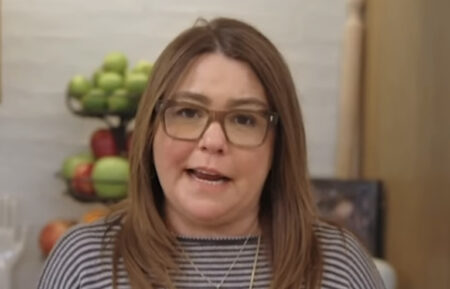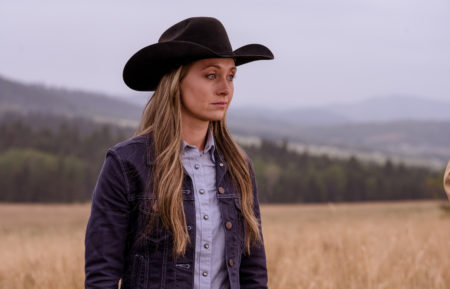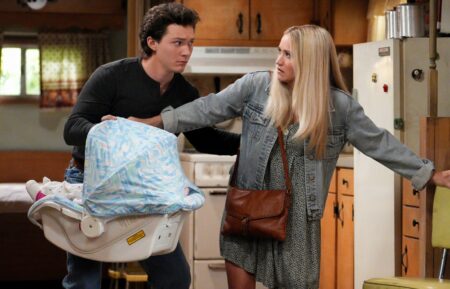Does ’13 Reasons Why’ Do More Harm Than Good? The Debate Rages On…
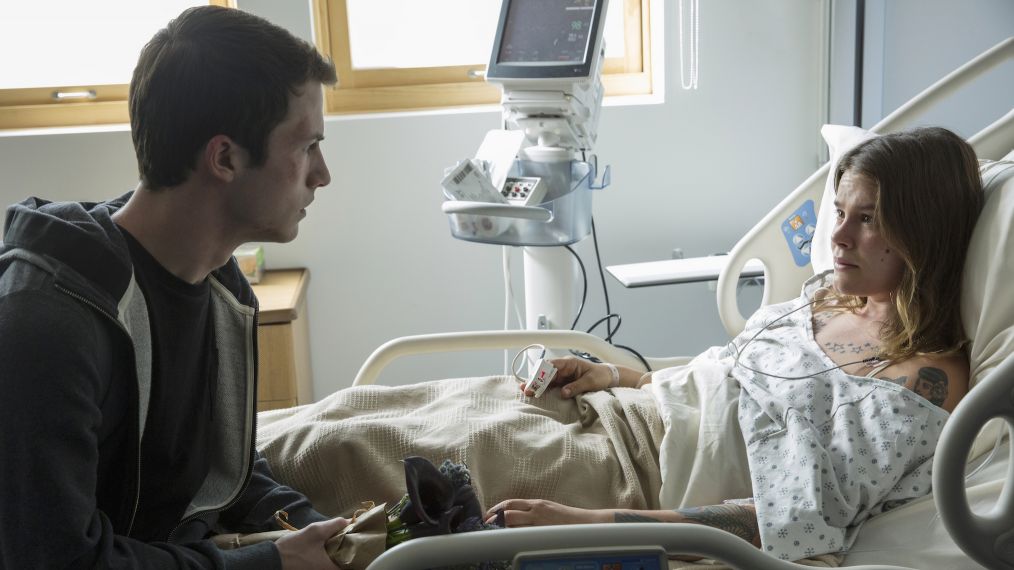
A new study offers evidence that 13 Reasons Why may heighten suicide risk among young viewers, and that new development has reignited questions that have plagued the Netflix series from its release two years ago: Does the series glamorize suicide? Does it unwittingly encourage “suicide contagion,” or copycat suicides? And why didn’t the first season include positive portrayals of productive mental health support?
The new study, published this week in the Journal of the American Academy of Child and Adolescent Psychiatry and funded by the National Institute of Health, found that there were 195 more suicides than expected among U.S. 10-to-17-year-olds in the nine months after the first season’s release, that the suicide rate in this age group rose nearly 29 percent in the month after the release, and that more suicides occurred in April 2017 than in any of the previous nine Aprils.
The study didn’t claim a causal relationship between watching the show — which depicts the months before and after 17-year-old Hannah Baker’s suicide — and dying by suicide. But after controlling for other factors, the study did conclude that the series is associated with a surge in teen suicide and warns young people from watching it, according to Variety.
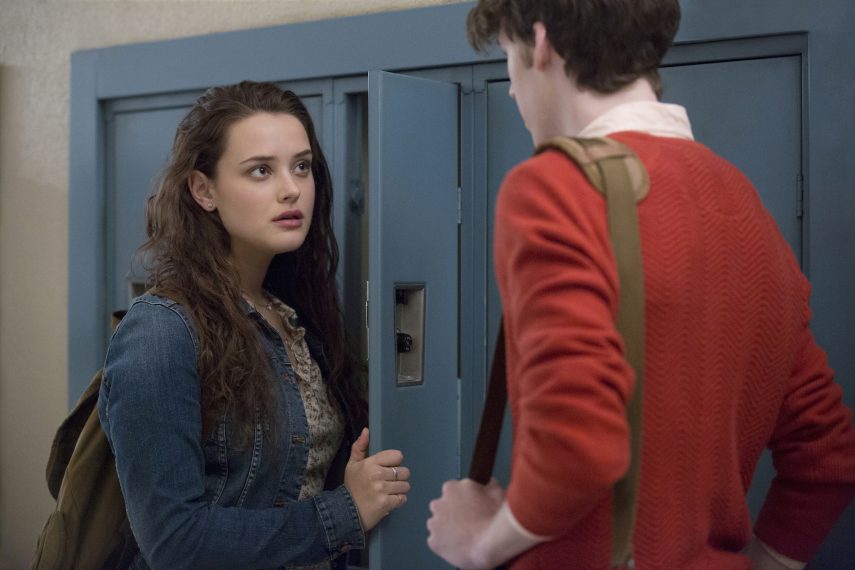
(Netflix)
“The results of this study should raise awareness that young people are particularly vulnerable to the media,” Lisa Horowitz, a co-author of the study and a staff scientist at the National Institute of Mental Health, said in a statement. “All disciplines, including the media, need to take good care to be constructive and thoughtful about topics that intersect with public health crises.”
For its part, Netflix responded, “We’ve just seen this study and are looking into the research, which conflicts with last week’s study from the University of Pennsylvania. This is a critically important topic and we have worked hard to ensure that we handle this sensitive issue responsibly.”
That University of Pennsylvania study Netflix mentioned found that the suicide risk may actually fall for young adults who watch 13 Reasons Why to the end of the second season, which deals with teen sexual assault. (A third season will debut on Netflix later this year.)
Dr. Christine Moutier of the American Foundation for Suicide Prevention, however, told the Los Angeles Times the new study “was not designed to find causality” and “only found a weak association between the show and suicide in boys.”
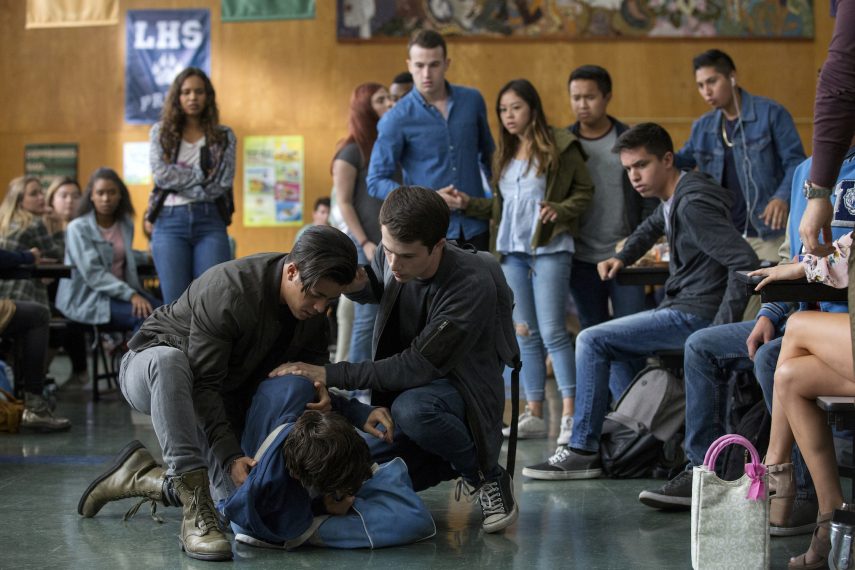
(Netflix)
“We know that suicide is complex and there’s no one thing that causes it,” she added, urging parents to talk to their children about the children’s emotions and to model good practices for mental health. “One would need to look at all other risk factors that come to bear for boys 10 to 17.” (It should be noted that the American Foundation for Suicide Prevention teamed up with Netflix for its 13 Reasons Why suicide prevention website.)
Backlash has plagued the series for two years now, and the controversy extends to the 2007 Jay Ashler novel on which it was based, which topped the American Library Association’s list of most-banned books in 2017. (For the record, the month before the release of that list, the Society of Children’s Book Writers and Illustrators announced that it had expelled Asher over allegations of sexual harassment.)
In an April 2017 Rolling Stone op-ed, Media Impact and Navigation for Teens founder Alexa Curtis expressed concerns that the show romanticizes suicide and downplays the potentially lifesaving roles of mental health support. “As I watched, I found the aftermath of her suicide troubling,” she wrote. “In real life, when someone commits suicide, their story ends there. 13 Reasons Why failed to end Baker’s story, since she lives on through the tapes. We become captivated by the drama of the suicide rather than the actual suicide itself. … Had 13 Reasons Why showcased other forms of outreach, like therapy, teens watching it might realize that there is always an option that doesn’t include self-harm.”
Dan Reidenberg, executive director of Suicide Awareness Voices of Education, had similar concerns. “The show actually doesn’t present a viable alternative to suicide. The show doesn’t talk about mental illness or depression, doesn’t name those words,” he told ABC News that April. “My thoughts about the series are that it’s probably done more harm than any good.”
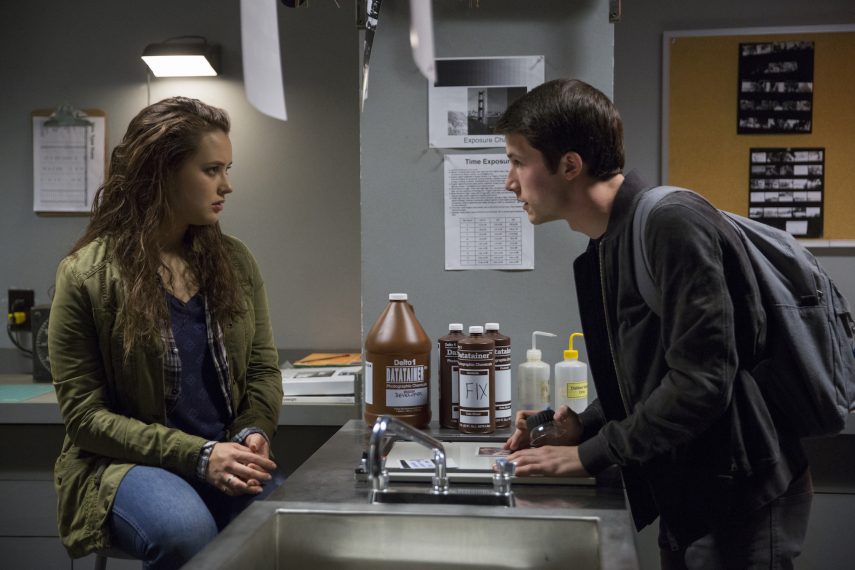
(Netflix)
That same month, the National Association of School Psychologists released a statement warning about suicide contagion in relation to the series, since Hannah’s death is shown in graphic detail. “Research shows that exposure to another person’s suicide, or to graphic or sensationalized accounts of death, can be one of the many risk factors that youth struggling with mental health conditions cite as a reason they contemplate or attempt suicide,” the organization stated. “We do not recommend that vulnerable youth, especially those who have any degree of suicidal ideation, watch this series. Its powerful storytelling may lead impressionable viewers to romanticize the choices made by the characters and/or develop revenge fantasies.”
Curtis told CNN she was thrilled to see NASP’s statement, with one reservation. “I almost wish that they hadn’t used the word ‘vulnerable,’ because I almost think that every young adult is vulnerable, whether they are being bullied or whether they are the bully,” she said.
But in a Vanity Fair op-ed released around the same time, 13 Reasons Why writer Nic Sheff said it was important to show Hannah’s death. “From the very beginning, I agreed that we should depict the suicide with as much detail and accuracy as possible. I even argued for it — relating the story of my own suicide attempt to the other writers,” he wrote. “It seemed to me the perfect opportunity to show what an actual suicide really looks like — to dispel the myth of the quiet drifting off. It overwhelmingly seems to me that the most irresponsible thing we could’ve done would have been not to show the death at all.”
In response to Sheff’s op-ed, Slate’s Marissa Martinelli argued that “his claim that it would be ‘irresponsible’ not to show the suicide is contradicted by numerous studies showing the harm that exposure to graphic depictions of suicide can do.” Martinelli also said the show “flouts the established guidelines for depicting suicide, including the widely accepted Recommendations for Reporting on Suicide, which exist to reduce the likelihood of suicide contagion, or ‘copycat suicides.’”
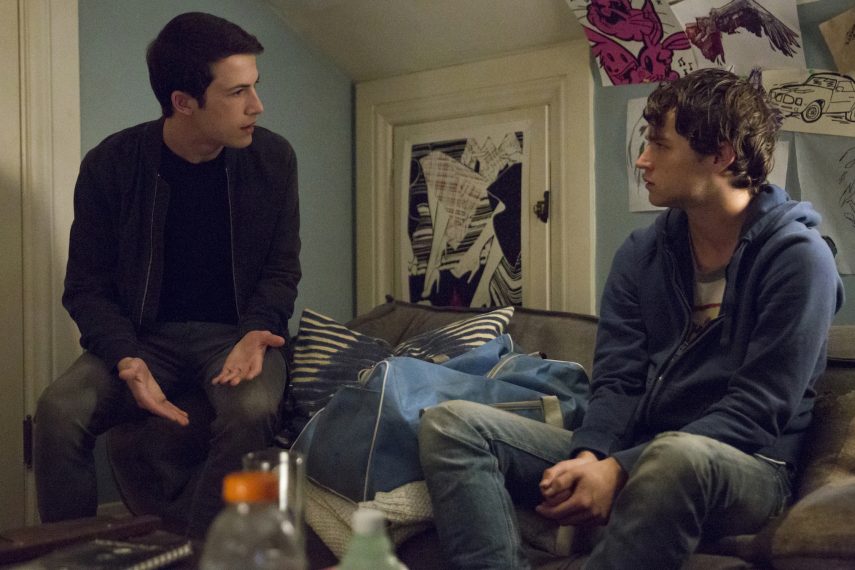
(Netflix)
That May, Netflix announced it would add more trigger warnings to the show, saying it would include “an additional viewer warning card before the first episode” and strengthen “the messaging and resource language in the existing cards, including the URL 13ReasonsWhy.info — a global resource center that provides information about professional organizations that support help around the serious matters addressed in the show.”
For some of the creative forces behind the show, all the backlash seems to have hit a nerve. “I refuse to apologize for creating a tool that is there to help your parents and children have a conversation about what their kids [see when they] go to school every day,” executive producer Mandy Teefey, mother of pop star Selena Gomez, told NBC News that June.
Gomez, another executive producer on the series, seemed to only be sorry that some viewers can’t handle the content matter. “I don’t do it to glorify anything,” she said on Zane Lowe’s Apple Music radio show in May 2018. “This is what happens, and I’m sorry if you can’t — this is real life, and I’ve had numerous parents and kids come up to me [to say] how it’s just opened the door for healthy communication, and that’s all you want. You know, we’re not going to end these certain things or try to break through it unless we take those risks.”
Netflix CEO Reed Hastings also dismissed criticism of the show the following month. “It is controversial,” he said during an annual shareholders meeting after one shareholder asked about the company’s decision to greenlight a third season amid so much outcry. “But nobody has to watch it. We’re an on-demand service, and we feel great about the possibility of season 3 and look forward to supporting the team’s work in that.”
If you are experiencing a suicidal crisis or emotional distress, or if you know someone who is, contact The National Suicide Prevention Lifeline 1-800-273-TALK (8255) or visit http://www.suicidepreventionlifeline.org for free, confidential, 24/7 support, information, and local resources.








